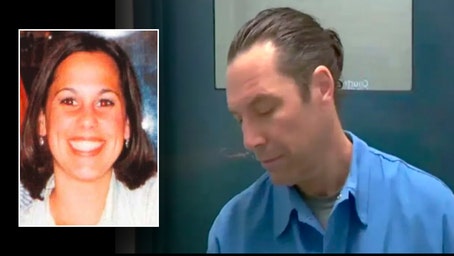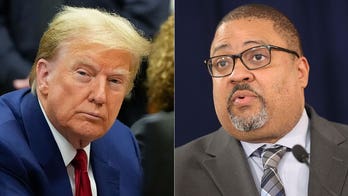Officials from Beaver County, Pennsylvania, contest the testimony of Acting U.S. Secret Service Director Ronald Rowe Jr. before a Senate panel, arguing that local law enforcement was not responsible for the assassination attempt on former President Trump in Butler, Pennsylvania, on July 13.
The aftermath of the assassination attempt on former President Trump at a rally in Butler, Pennsylvania, has sparked a contentious debate between the U.S. Secret Service and local officials over who is responsible for the security breakdown that allowed the incident to occur.
In a joint hearing with the Senate Judiciary and Homeland Security committees, Acting U.S. Secret Service Director Ronald Rowe Jr. testified that his agents were unaware of a suspicious individual on the roof of the AGR building until after the shots were fired. He admitted that the Secret Service ultimately bears responsibility for the security failures but deflected blame to local law enforcement.

Secret Service and Local Officials Dispute Blame for Trump Assassination Attempt
Rowe claimed that the Secret Service never received communication from local officials about a suspicious person with a weapon or bad intentions, despite evidence that the Butler County Emergency Services Unit (ESU) had identified the individual and shared a photograph of him with other law enforcement agencies.
However, Beaver County District Attorney Nathan Bible and Commander Patrick Young of the Beaver County Emergency Services Unit strongly disputed these accusations. They stated that two snipers from Beaver County and Butler County were stationed inside the AGR building and had spotted the would-be assassin, Thomas Matthew Crooks, earlier in the evening.

Secret Service and Local Officials Dispute Blame for Trump Assassination Attempt
Young explained that one of his snipers took pictures of Crooks because he appeared suspicious but saw no indication that he posed a threat. He added that his unit was directed to its position by the Butler County ESU, which he assumed had approval from the Secret Service.
Bible defended the snipers' actions, stating that their job was to monitor the crowd from within the designated perimeter, not to search for suspicious individuals outside that area. He emphasized that if the Secret Service had requested snipers to be stationed on the roof, local officials would have complied immediately.

Secret Service and Local Officials Dispute Blame for Trump Assassination Attempt
Bible expressed frustration with the way federal officials have portrayed the events, suggesting that local law enforcement has been unfairly blamed. He stressed that the team of law enforcement officers from Beaver County had performed admirably under extreme circumstances and deserved recognition rather than unnecessary criticism.
The dispute between the Secret Service and local officials highlights the complex challenges of coordinating security for high-profile events and raises questions about the effectiveness of communication and cooperation between federal and local law enforcement agencies. As the investigation into the assassination attempt continues, it is likely that further details will emerge that shed light on the root causes of the security breakdown and the appropriate allocation of blame.

Secret Service and Local Officials Dispute Blame for Trump Assassination Attempt












